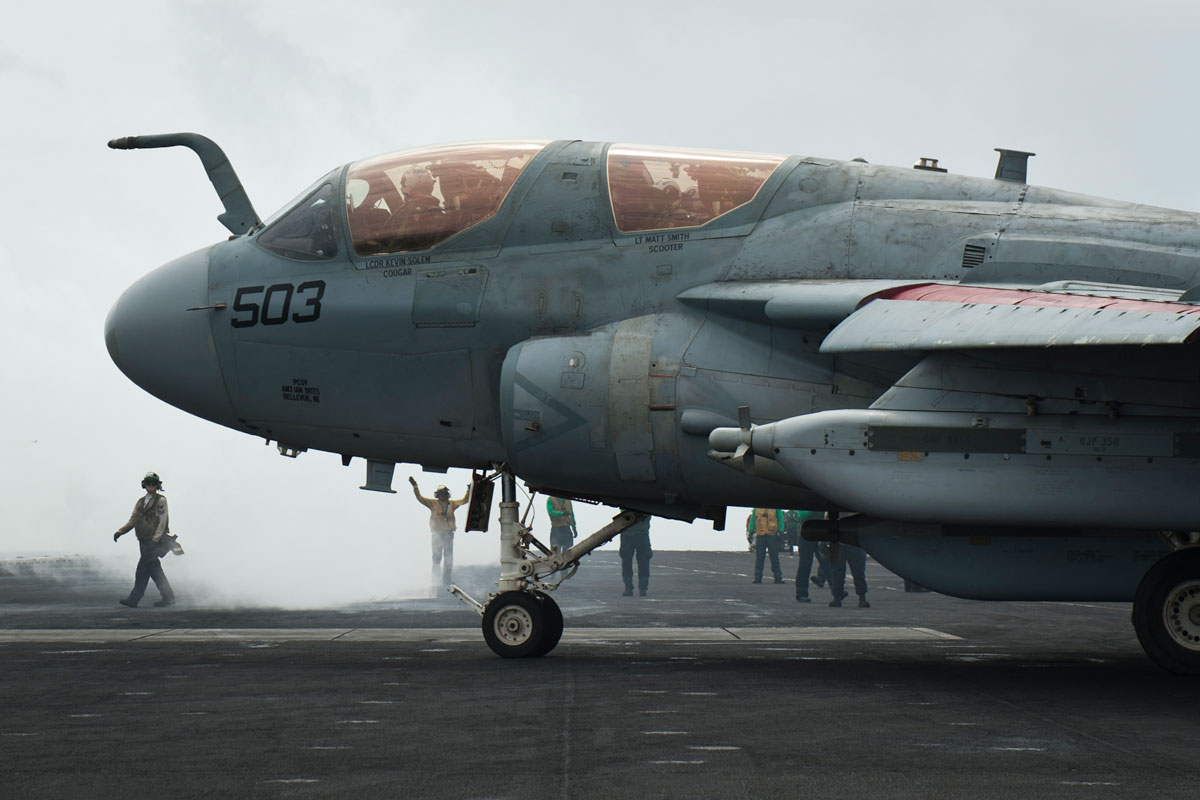ETHICS IN AVIATION
The dictionary can define ethics for us in its most simple form, but to really understand what it really means and how it pertains to aviation, particularly professionals within the aviation industry, goes much deeper than just one's own moral values.
I learned very early on in my career in aviation that one must have absolute integrity; always doing the right thing when nobody else was looking. After all, there are other's lives at stake when it comes to sending an aircraft out for a flight! As an Avionics Technician, the work I performed and, more importantly, the maintenance that I inspected, was critical to the safety of flight. There was never room for "cutting corners". Every profession within the aviation community requires a level of moral obligation that is not necessarily found in other professional industries. If someone seeking a career in aviation can't live up to the requisite moral standards and ethics, they simply do not have what it takes.
When WRONG feels RIGHT because, well..... It just feels so RIGHT!
Sometimes, we are completely unaware that we are doing the wrong thing or performing tasks or procedures incorrectly. Through improper training or bad information being passed down by senior members within a given profession, it becomes a culture of "this is how we have always done it". We call this "Normalization of Deviance", a term first coined by sociologist Diane Vaughan (Price & Williams, 2018). When professionals within an organization become insensitive to deviant practices, they can become the "norm". This is an absolute recipe for disaster and requires the moral obligation of every person involved to step up and say something.
Reference:
Price, M. R., & Williams, T. C. (2018, March). When Doing Wrong Feels So Right: Normalization of Deviance. National Library of Medicine. Retrieved July 8, 2022, from https://pubmed.ncbi.nlm.nih.gov/25742063/




Second paragraph is spot on.
ReplyDelete